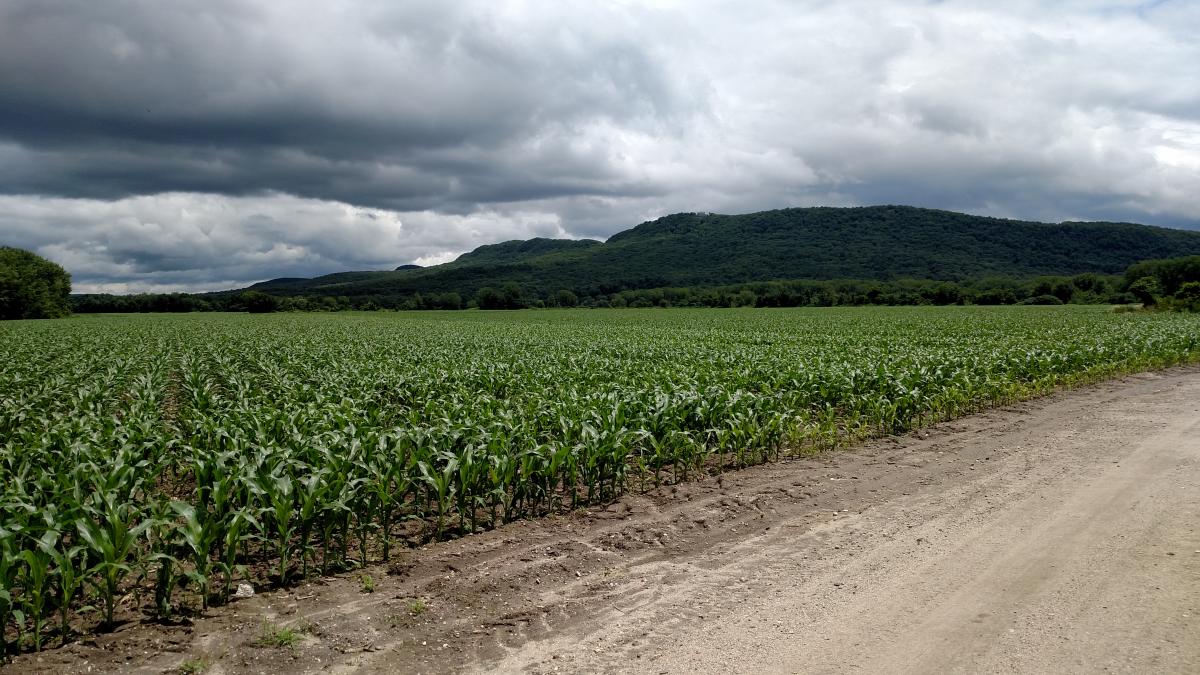Book by CHIGOZIE OBIOMA
Reviewed by
 The year I left Nigeria, 1993, was a momentous one. For the first time in about a decade, there was a presidential election—a democratic process that had eluded Nigeria after at least two military leaders had ruled the country, seizing power through coups. I was 18, old enough to vote but not inclined to do so. My parents were not politically active, though my father loved to discuss current affairs with his friends at our house in northern Nigeria. That year, their discussions were filled with excitement about Nigeria’s future, about the presidential candidate, M.K.O. Abiola, whose beaming face was plastered on flimsy poster boards along busy roads. I, too, found myself swept along by the high hopes for the country despite the increasing power outages, corruption, fuel scarcity, and religious and ethnic tensions.
The year I left Nigeria, 1993, was a momentous one. For the first time in about a decade, there was a presidential election—a democratic process that had eluded Nigeria after at least two military leaders had ruled the country, seizing power through coups. I was 18, old enough to vote but not inclined to do so. My parents were not politically active, though my father loved to discuss current affairs with his friends at our house in northern Nigeria. That year, their discussions were filled with excitement about Nigeria’s future, about the presidential candidate, M.K.O. Abiola, whose beaming face was plastered on flimsy poster boards along busy roads. I, too, found myself swept along by the high hopes for the country despite the increasing power outages, corruption, fuel scarcity, and religious and ethnic tensions.
When the election finally occurred, on June 12, 1993, the charade that followed left us all jaded and crestfallen: the election, which Abiola won, was annulled due to unfounded accusations of rigging. An interim president was quickly instated, after which Sani Abacha took over the country and ran it with the iron hand of a despot.












